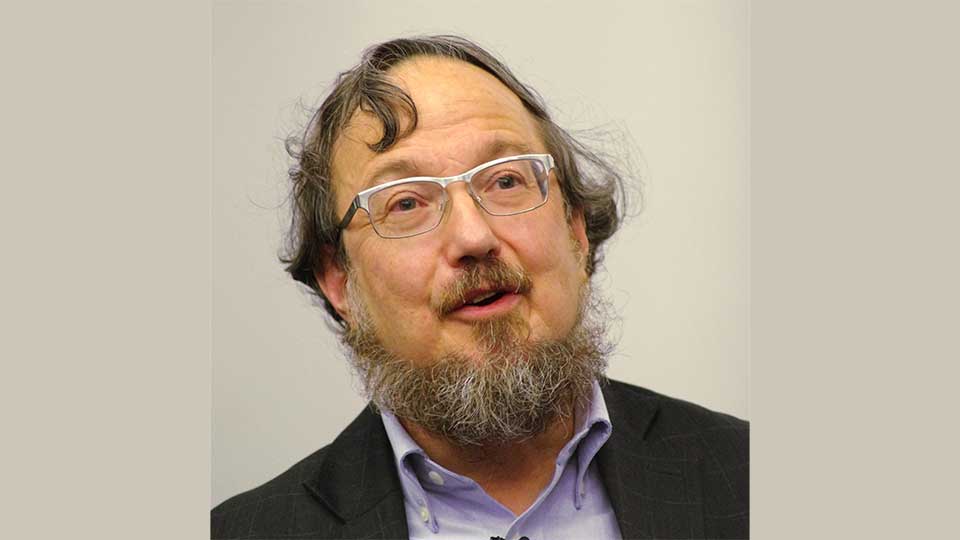
IAS Guest Speaker Professor Don Zagier delivers a seminar on their research -
In the 18th century, Euler introduced the number p(n) of partitions of an integer n into positive parts (e.g. p(4)=5 because 4 can be partitioned in five ways: 1+1+1+1, 1+1+2, 1+3, 2+2, or 4) and its generating function p(0)+p(1)x+p(2)x^2+..., whose reciprocal later turned out to be the simplest example of a "modular form". A question arising in the theory of gravity and integrable systems required studying the numbers of partitions of a number into positive squares or higher powers. The corresponding generating functions are no longer modular, but satisfy certain surprising "modular-type" transformation equations. There are also analogues of the famous Hardy-Ramanujan approximate partition formula, but far more subtle. Both results were discovered by numerical computations together with some nice tricks. The only prerequisites for the talk are basic mathematical background and some interest in numerical techniques.
Arrivals from 2:45 pm for a 3:00 pm start.
This event is in-person only.
(Please note that in-person spaces are limited and booking is required, so we can manage numbers for the space in the seminar room)
By booking a place at this event, attendees agree to behave in a respectful manner such that everyone feels comfortable contributing as they wish. The IAS reserves the right to eject anyone who does not abide by this policy.
IAS seminars are typically recorded, minus any Q&A sessions at the end, again to encourage contributions. The recordings are then uploaded to our website on a Fellows bio page and/or Programme page, along with our IAS YouTube Channel. If you are not able to attend a seminar live, please do still register as we will email everyone who registered to let them know once the recordings are made available.
Contact and booking details
- Email address
- ias@lboro.ac.uk
- Cost
- Free